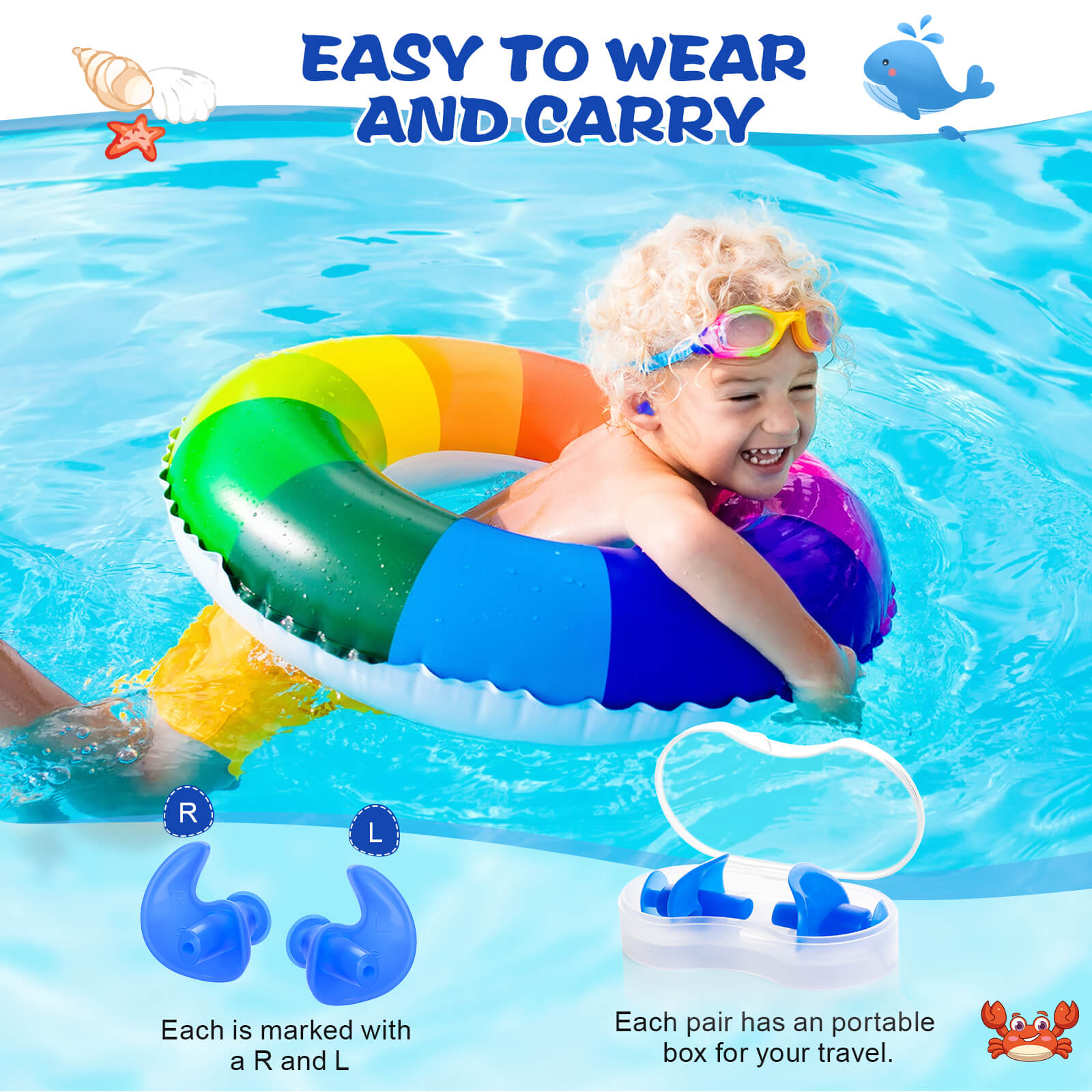Are Foam or Silicone Ear Plugs Better for Children? Pros and Cons
Body
When it comes to protecting children's ears, parents often wonder whether foam or silicone ear plugs are the better option. Both types of ear plugs have their own pros and cons, and it's important to consider these factors before making a decision. In this article, we will explore the advantages and disadvantages of foam and silicone ear plugs for children, helping you make an informed choice.

Comfort and Fit
One of the most important factors to consider when choosing ear plugs for children is comfort and fit. Foam ear plugs are known for their ability to conform to the shape of the ear, providing a snug fit. This can be particularly beneficial for children with smaller ear canals, as foam ear plugs can expand to fit their unique shape. On the other hand, silicone ear plugs are generally softer and more flexible, making them comfortable to wear for extended periods of time. They also come in various sizes, allowing for a more customized fit.
However, it's important to note that some children may find foam ear plugs uncomfortable due to the pressure they exert on the ear canal. In such cases, silicone ear plugs may be a better option as they are less likely to cause discomfort.
Noise Reduction
Another important consideration is the level of noise reduction provided by the ear plugs. Foam ear plugs are known for their excellent noise-blocking capabilities, as they create a tight seal in the ear canal. This can be particularly beneficial in loud environments or during activities such as concerts or fireworks displays. Silicone ear plugs, on the other hand, may not provide the same level of noise reduction as foam ear plugs. While they can still help to reduce noise, they may not be as effective in extremely loud situations.
Water Protection
For children who enjoy swimming or participating in water activities, water protection is a crucial factor to consider. Silicone ear plugs are generally more effective in preventing water from entering the ear canal. They create a watertight seal, keeping the ears dry and reducing the risk of swimmer's ear. Foam ear plugs, on the other hand, may not provide the same level of water protection. They can absorb water and become less effective over time.
Hygiene and Maintenance
Hygiene and maintenance are important considerations when it comes to ear plugs for children. Foam ear plugs are disposable and should be replaced regularly to maintain hygiene. They can also accumulate dirt and debris, which may require more frequent cleaning. Silicone ear plugs, on the other hand, are reusable and can be easily cleaned with mild soap and water. They are also more durable and can last longer with proper care.
It's important to note that regardless of the type of ear plugs chosen, proper hygiene practices should be followed to prevent any potential ear infections or complications.
In conclusion, both foam and silicone ear plugs have their own advantages and disadvantages when it comes to protecting children's ears. Foam ear plugs provide a snug fit and excellent noise reduction, while silicone ear plugs offer comfort, water protection, and ease of maintenance. Ultimately, the choice between the two will depend on the specific needs and preferences of your child. It's always a good idea to consult with a healthcare professional or audiologist for personalized advice.










Comments